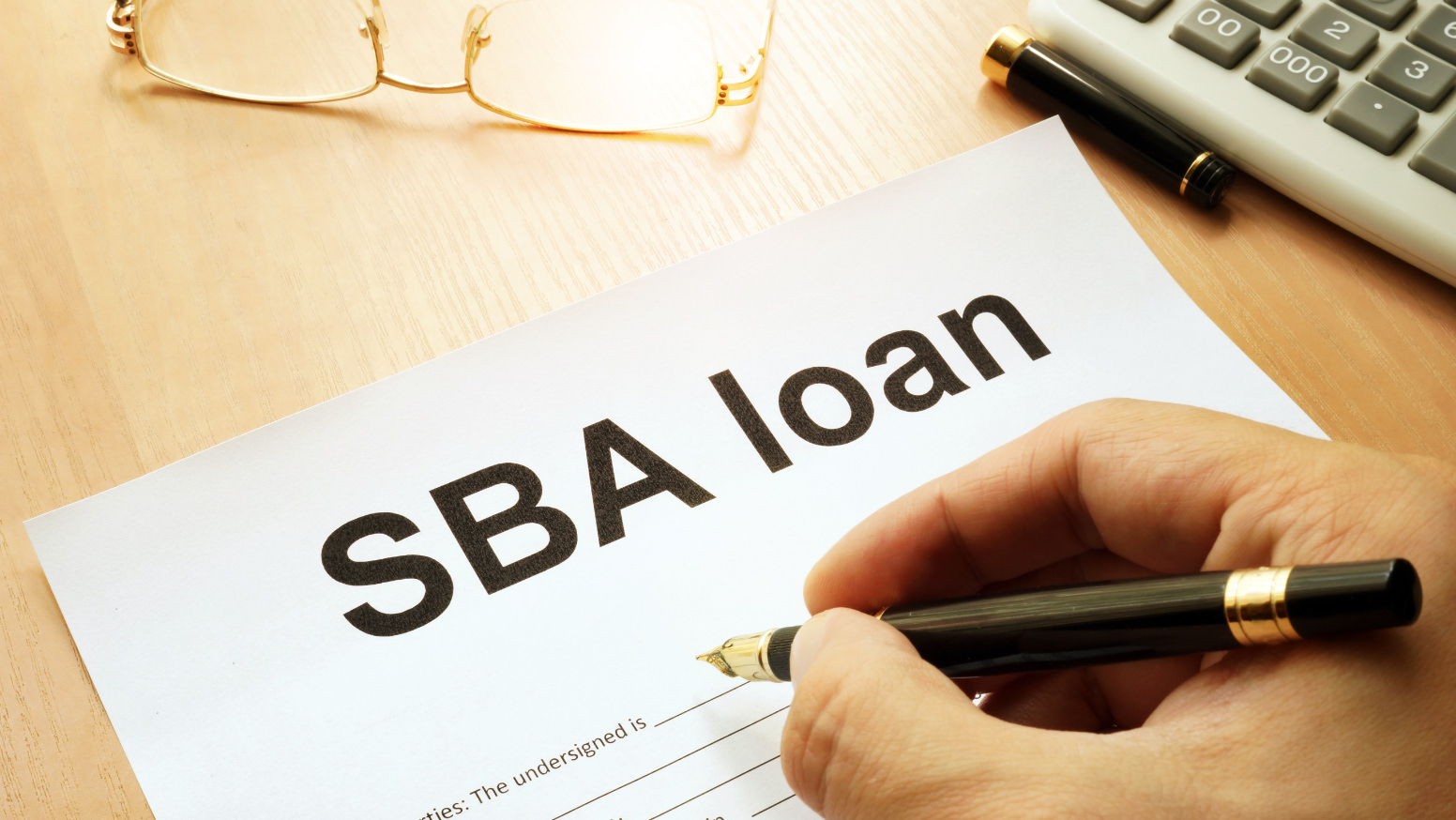The answer depends on whether or not you satisfied your obligations to the federal government. If you signed an Unconditional Personal Guaranty for a commercial loan backed by the Small Business Administration (SBA), then you are responsible for the payment of the debt in the event your brother does not or cannot pay. In due course, the SBA will send you a notice letter that is effectively a demand for payment. If you do not pay the debt or make suitable arrangements agreeable to the SBA, then the debt will be referred to the U.S. Treasury Department for further collection activity.
Apart from being placed into the Treasury Offset Program (TOP) and being exposed to tax refund intercept, administrative wage garnishment and the offset of other federal benefit payments like social security, you will be placed into the Credit Alert Interactive Voice Response System (CAIVRS).
CAIVRS receives inputs from DOJ, Education, SBA, HUD, USDA and the VA. CAIVRS Reporting System is a system maintained by the federal government that lists persons who have defaulted or had a loan foreclosed within the last three years on a debt owed to the Federal government or are currently delinquent on a debt owed to the Federal government. When you apply for an SBA Loan, participating lenders are required to check the CAIVRS database to determine whether the individuals or businesses identified in applying for the loan have either a delinquent federal debt or a prior loss which bar them from SBA financial assistance.
The government has a long memory and there is no statue of limitations on the collection of an unpaid non-tax treasury debt under the TOP program. So, before you sign on the dotted line, think hard. if the government takes a loss, you will be barred from the SBA loan program.
If you would like more information on this subject, you may contact the Perliski Law Group at (214) 446-3934 for a free initial consultation.

